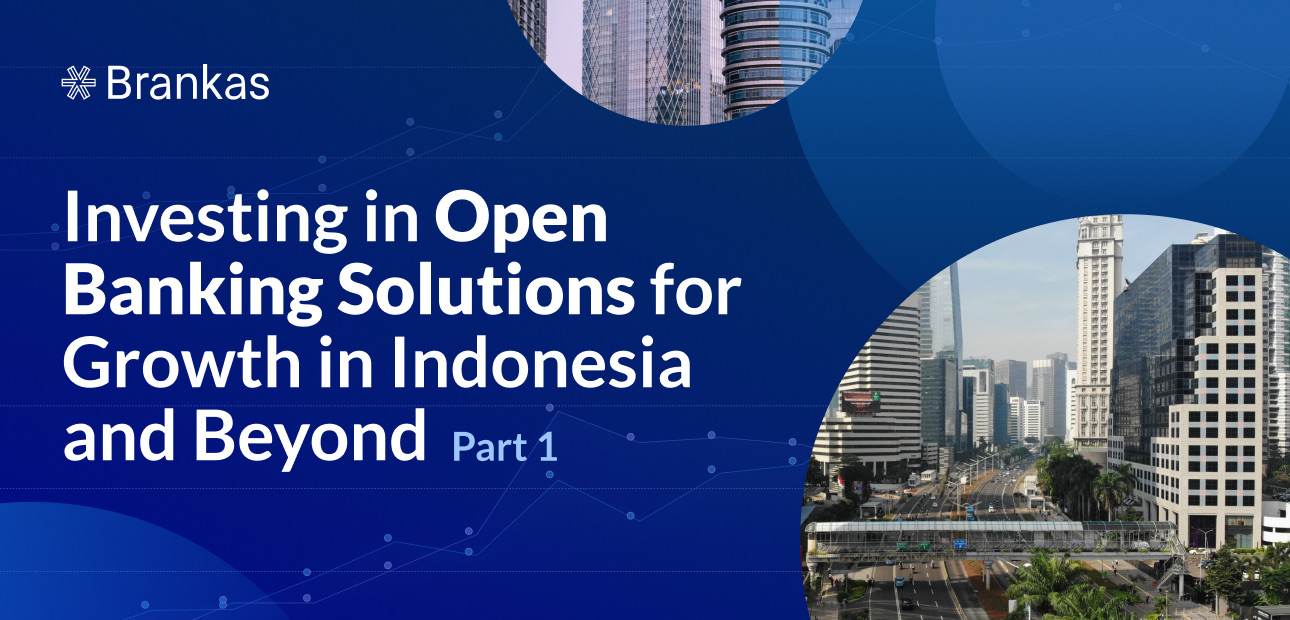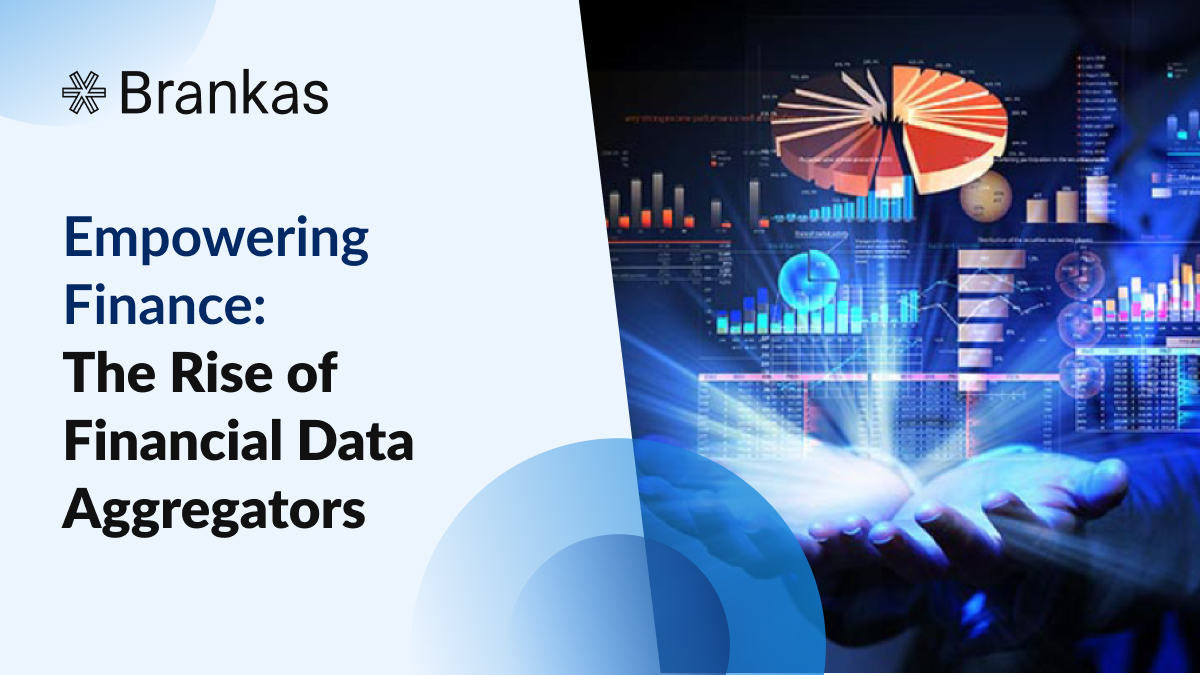How Dubai is Revolutionizing Public Payment Systems for a Smarter City
Dubai has made major strides in improving people’s interactions with government services via integrated payment systems. These solutions combine multiple services, allowing users to conveniently pay for utilities, transportation, and healthcare from a single platform.
Key Takeaways
- Dubai is changing how its residents interact with government services.
- Payment gateways combine multiple services, allowing users to conveniently pay for utilities, transportation, and healthcare from a single platform.
- The right payment gateway solution can make payments easier and more secure and cut costs by up to 50%.
“Money makes the world go round,” but in Dubai, technology is driving the future of money. The emirate is leading the way in changing how its residents interact with government services by transforming public payment systems for a smarter city.
With an increasing number of people living in urban cities—expected to reach 66% of the global population by 2050—effectively managing government-related payments is critical. The UAE is improving public services through digital innovation, and Dubai is leading the change.
By focusing on simple, secure, and efficient payment systems, Dubai is making it easier for people to interact with government services.
Online Payment Gateways Contributing to Dubai’s Vision for a Smart City
Dubai has made major strides in improving how people use government services via integrated payment systems. These solutions combine multiple services, allowing users to conveniently pay for utilities, transportation, and healthcare from a single platform. For example, DubaiNow, an all-in-one government service app, integrates over 120 services from various government entities, making it easier for users to handle their transactions in one place.
In 2023, DubaiNow processed over 20 million transactions, saving time and reducing the complexity of dealing with multiple platforms. Residents and tourists can easily manage their payments, whether renewing a license, paying bills, or booking a public service.
Aani is another instant payment platform run by Al Etihad Payments, which is part of the Central Bank of the UAE. It empowers banks and other payment services to offer fast and easy payment experiences to consumers, businesses, corporations, and government entities.
DubaiPay, for example, is another excellent application that showcases the potential of these payment gateways to revolutionize how we interact with government services. DubaiPay is a shared payment service that lets government entities and service providers offer their customers a round-the-clock payment option. It allows UAE citizens, residents, and visitors to make payments using various methods easily, conveniently, and securely.
Dubai’s Roads and Transport Authority (RTA) has seamlessly integrated payment gateways into its services, allowing users to pay for parking, tolls, and public transport. The Nol card, a smart card used for public transportation, can be topped up online through secure payment gateways. In 2023, over 2.5 billion transactions were processed through this system, surpassing Dh2 billion (~$544,000). Nol app users have recently surpassed the 950,000 mark.
The UAE government has also made major efforts to ensure that all citizens, regardless of their tech-savvy, can benefit from these systems. Digital literacy programs, like The UAE Council for Digital Wellbeing, have been launched to educate the public on using digital payment gateways.
However, the recent rapid pace of technological developments presents a challenge, and security is a critical focus when it comes to payment gateways. Over 85% of residents trust these digital payment systems based on their strong security measures.
Dubai applies rigid user protection frameworks to protect user data and transactions and promote the adoption of digital payment solutions. The emirate remains agile by regularly updating its digital infrastructure, ensuring it stays secure, efficient, and user-friendly.
Dubai’s Payment System is an Example to Follow
Dubai’s work on public payment systems, particularly its use of advanced payment gateways, shows its dedication to building a digital infrastructure that meets its residents' and visitors' ever-changing needs. By integrating payment systems across various public services, Dubai sets a global norm for using technology to improve efficiency, security, and customer experience.
Online payment systems are more than just a convenience—they represent the future of public payment services. Dubai’s progress in this field is key to its vision for a smarter, more connected emirate that makes life easier for everyone.
Ready to Advance Your Payment System and Cut Costs?
Brankas offers a robust and secure payment system that simplifies integrating payment solutions into your business. With Brankas Merchant Link, you can build a custom payment infrastructure tailored to your needs–whether a bank, payment processor or other financial institution–ensuring smooth money-in and money-out workflows while saving up to 50% on transaction costs.
We can also help build single payment use cases, similar to the Aani platform, for banks and financial institutions (FIs) that must comply with the UAE Open Finance framework. Our ISO 27001 and PCI DSS-certified platform, coupled with built-in fraud management, guarantees that your transactions are secure and efficient, allowing you to focus on confidently scaling your business. Fill out the contact form, and we will call you back at the earliest.


